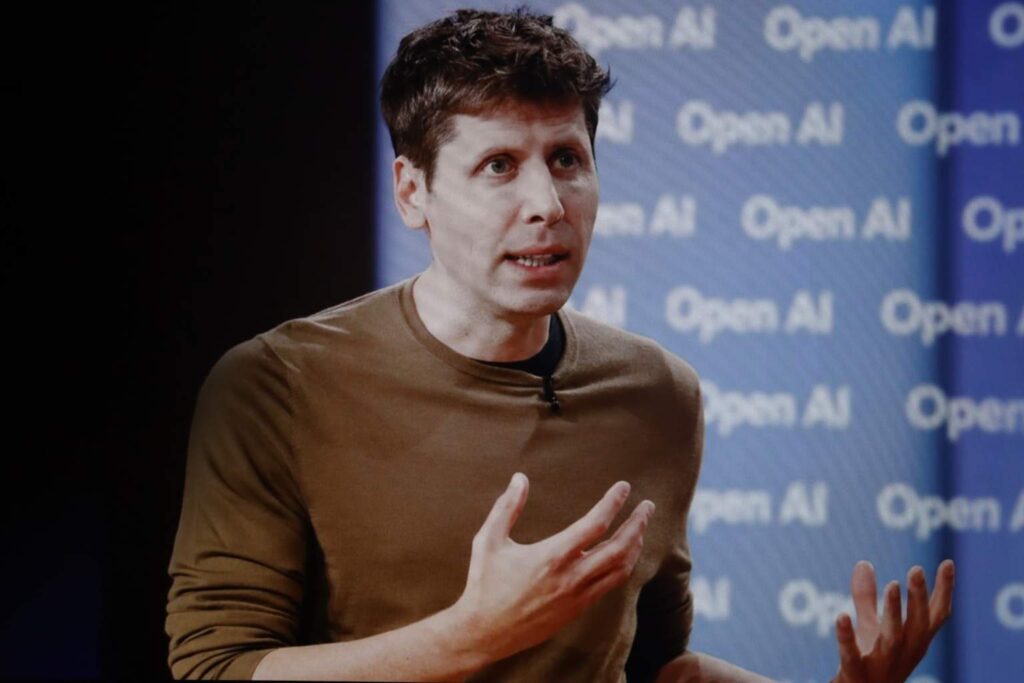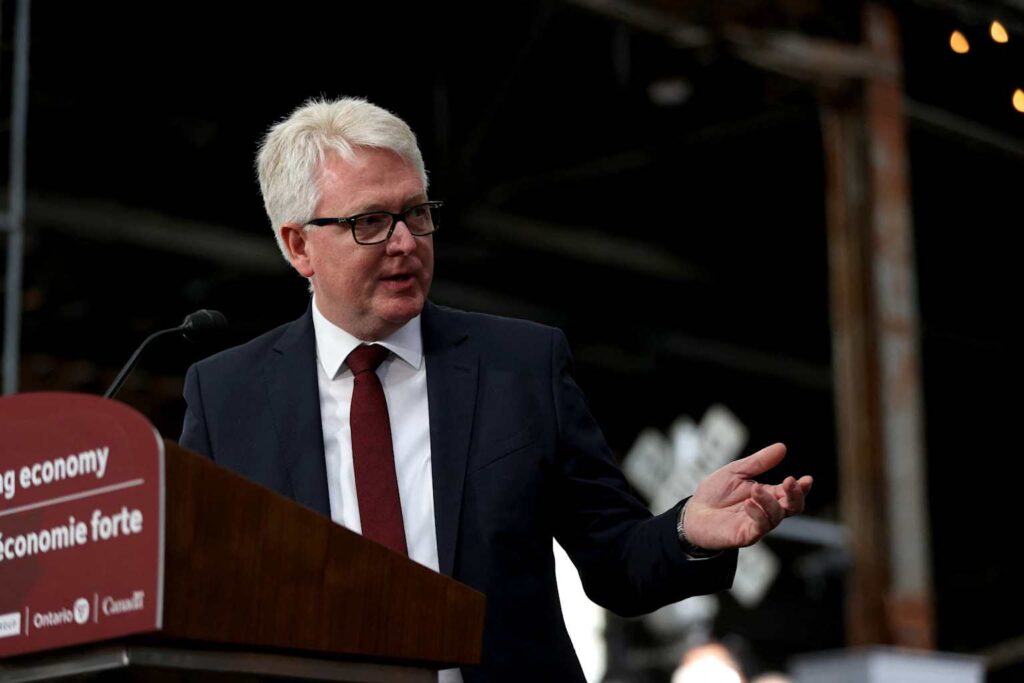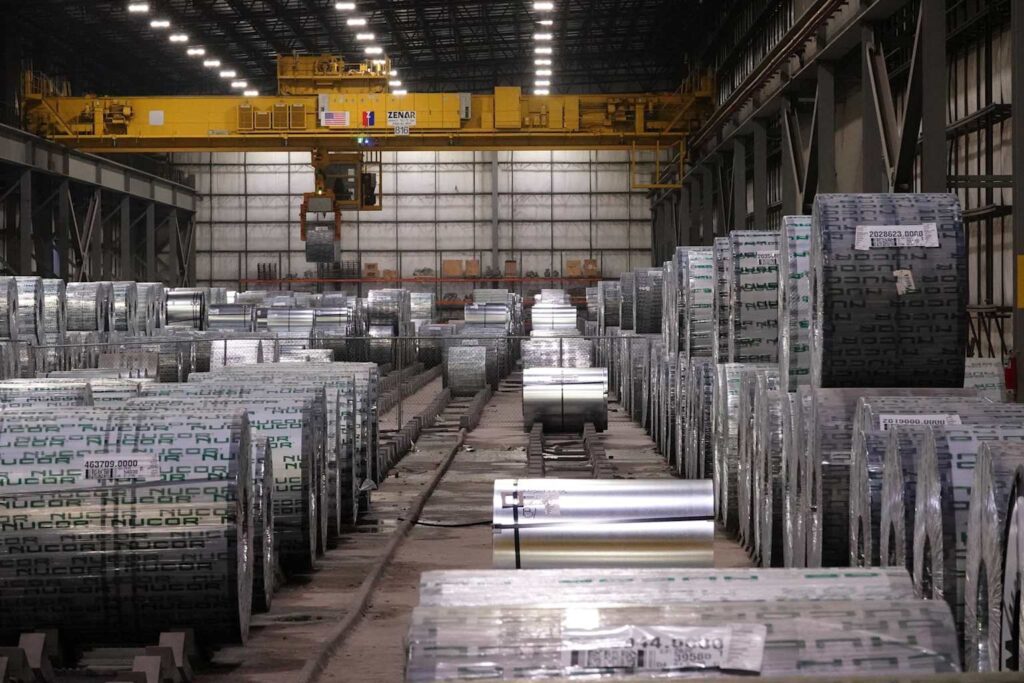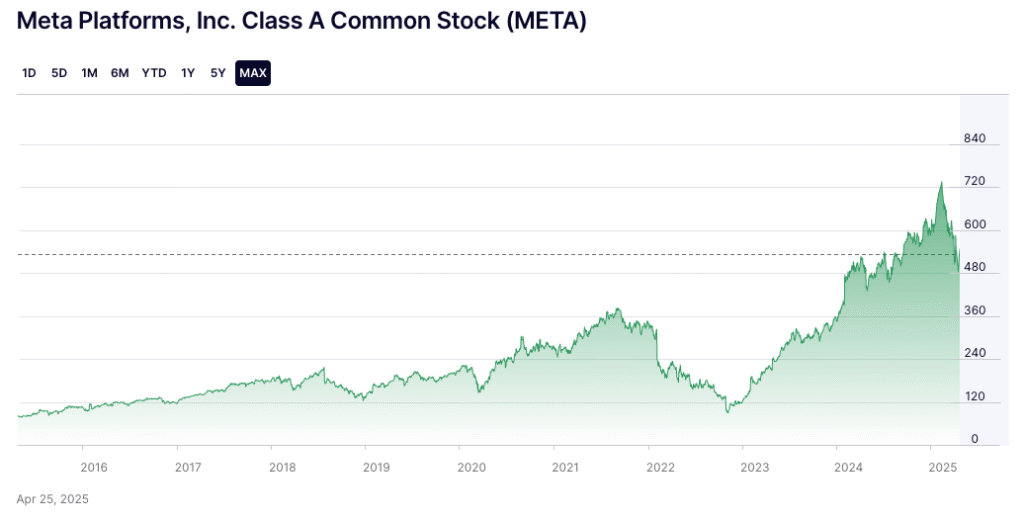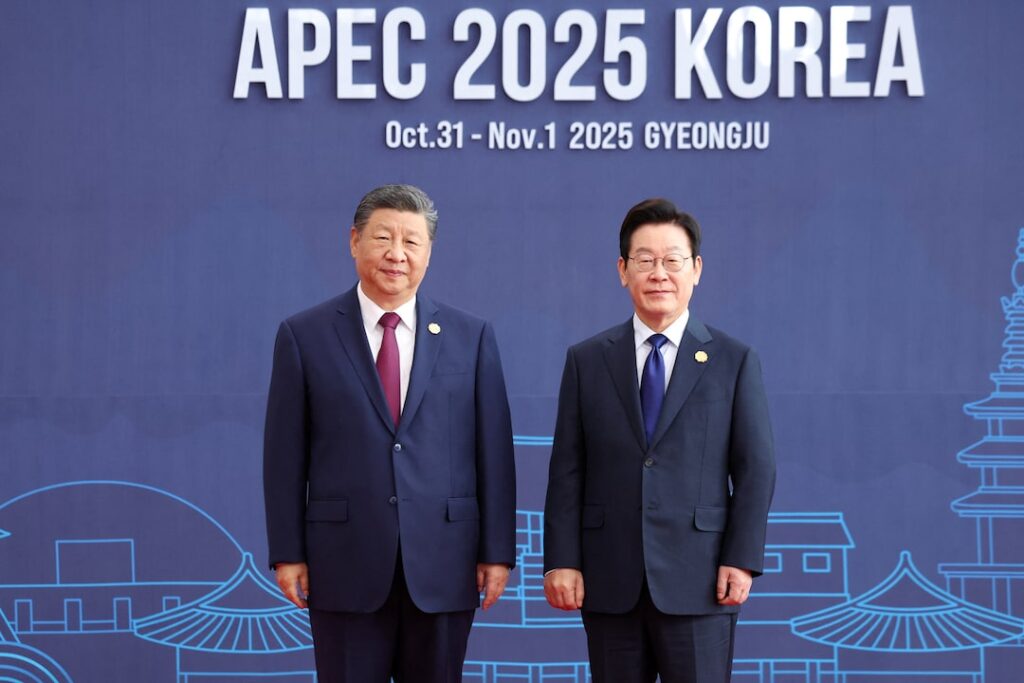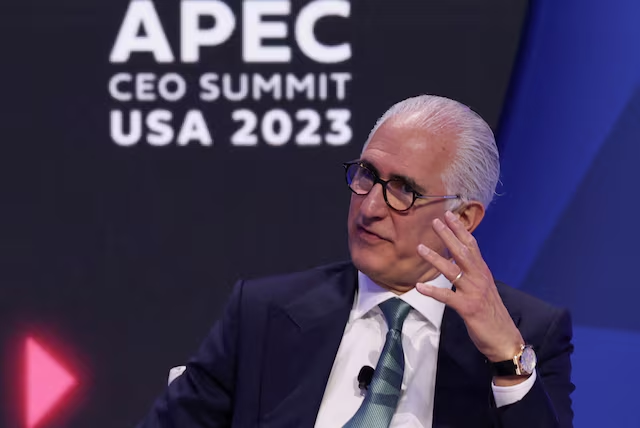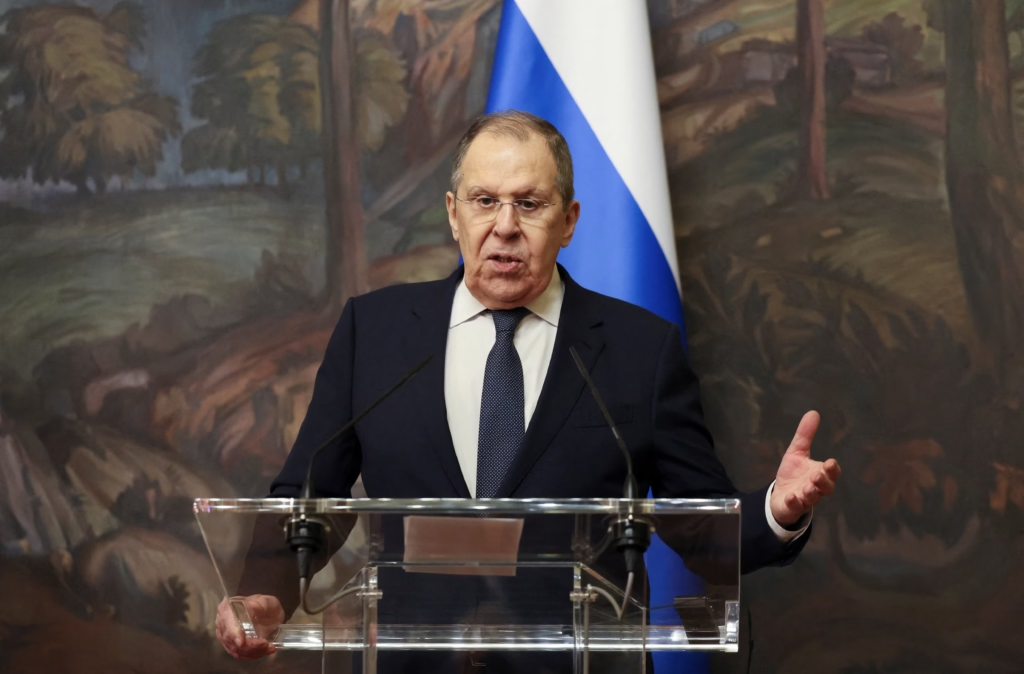Amazon to Invest Over $10 Billion in OpenAI as AI Giants Play High-Stakes Poker
Amazon.com Inc is in advanced negotiations to invest more than $10 billion in OpenAI, the developer of ChatGPT, in a landmark deal that would value the artificial intelligence company at over $500 billion. The investment represents a major strategic move by the e-commerce and cloud computing giant to strengthen its position in the rapidly expanding generative AI market. The Deal Structure and Valuation If finalized, the investment would place OpenAI’s valuation beyond the $500 billion threshold, according to sources familiar with the discussions who requested anonymity due to the confidential nature of the talks. Some industry observers have speculated that OpenAI could be valued as high as $1 trillion in future fundraising rounds, as the company prepares for a potential initial public offering. The discussions between Amazon and OpenAI remain highly fluid, meaning terms and amounts could still change significantly before any formal agreement is reached. However, the scale of the potential investment underscores the intensity of competition among major technology corporations to establish dominance in artificial intelligence. The Circular Economics Game The structure of the proposed deal reveals the sophisticated financial mechanics now characterizing AI sector investments. Analysts describe the arrangement as “circular economics”: Amazon would invest $10 billion directly into OpenAI’s coffers, but OpenAI would then essentially return those funds to Amazon’s cloud division (AWS) by purchasing computing capacity and services. This arrangement provides significant benefits to both parties. For Amazon, the company books $10 billion in new AWS cloud revenue on its financial statements, effectively juicing its growth numbers for Wall Street. For OpenAI, the company receives $10 billion worth of free computing power without burning through its own cash reserves—a critical advantage as AI models require exponential increases in computational power for training and scaling. “There’s a lot of circular economics happening right now,” explained analyst Anshel Sag. “Companies want to potentially profit from the relationship beyond just a regular business engagement. By making those financial investments, it does inherently increase the risk.” Why OpenAI Needs Amazon’s Capital OpenAI’s appetite for capital is nearly insatiable. The company recently committed over $1.4 trillion in infrastructure spending, including partnerships with major chip manufacturers like Nvidia, Advanced Micro Devices, and Broadcom. Last month alone, OpenAI secured a contract to purchase $38 billion in computing capacity from AWS, marking its first major deal with the cloud infrastructure provider. The company is in a race against competitors to build sufficient computational capacity to train increasingly sophisticated AI models. Demand for AI chips still significantly exceeds global supply. While Nvidia remains the gold standard for training models, capacity is severely constrained. Microsoft, which owns a 27% stake in OpenAI and has contributed over $13 billion since 2019, has heavily committed its infrastructure to OpenAI and other AI ventures. By diversifying its infrastructure partnerships and pulling Amazon closer through direct investment, OpenAI gains access to additional pools of hardware. These include Amazon’s Trainium and Inferentia chips, which may not match Nvidia’s latest offerings on raw performance but offer critical supply relief and could prove preferable for “commercial contexts,” according to industry analysts. Strategic Implications for Amazon Amazon’s willingness to invest $10 billion in OpenAI, despite already having invested at least $8 billion in OpenAI’s rival Anthropic, reveals the company’s ambition to establish a hedge across the AI landscape. The company is effectively betting on multiple winning horses in the AI race rather than committing exclusively to one player. “If OpenAI wins the lottery, then they’d have the money to pay for this,” noted analyst Charles Fitzgerald, suggesting that the investment doubles as insurance for Amazon. By funding OpenAI directly, Amazon is essentially guaranteeing itself a customer for its massive infrastructure buildout, ensuring that its new data centers and cloud computing resources don’t sit idle. AWS is facing unprecedented demand from AI startups and enterprises requiring massive computational resources. By becoming OpenAI’s major infrastructure provider, Amazon locks in predictable, high-value revenue streams worth potentially tens of billions annually. The Chip Strategy A critical component of the deal involves OpenAI’s commitment to utilize Amazon’s AI chips for model development and inference workloads. While Nvidia’s GPUs have dominated the AI training market, Amazon’s custom silicon offers a differentiated approach to the company’s broader AWS strategy. Amazon Web Services has been developing proprietary AI chips since around 2015. The company introduced Inferentia chips in 2018 and recently unveiled the latest version of its Trainium chips earlier this month. These chips are designed specifically for AWS’s cloud computing environment, enabling customers to run AI workloads more cost-effectively than relying exclusively on expensive Nvidia hardware. If OpenAI significantly shifts workload patterns toward Amazon’s chips, it could catalyze broader ecosystem adoption, as other companies often follow the architectural choices of industry leaders like OpenAI. Microsoft’s Changing Role The Amazon investment demonstrates a fundamental shift in OpenAI’s relationship with its traditional backer, Microsoft. Prior to October 2025, Microsoft had first right of refusal to serve as OpenAI’s primary computing provider, and held what amounted to exclusive access to OpenAI’s models for commercial cloud applications. OpenAI’s restructuring in October eliminated these exclusive arrangements. While Microsoft maintains its 27% equity stake and continues to distribute OpenAI models through its Azure cloud platform, the company no longer enjoys exclusive infrastructure access. This change has created an opening for competitors like Amazon and Google to negotiate directly with OpenAI for computing services and equity investments. Microsoft has responded to this competitive pressure by announcing plans to invest up to $5 billion in Anthropic, OpenAI’s primary rival. Nvidia has also committed to invest as much as $10 billion in Anthropic. These competing investments reflect the emergence of a more competitive AI ecosystem where major corporations pursue diversified strategies rather than exclusive partnerships. Enterprise ChatGPT Discussions Beyond the infrastructure and investment components, Amazon and OpenAI are also exploring the possibility of OpenAI offering an enterprise version of ChatGPT integrated into Amazon’s e-commerce and fulfillment platforms. Details remain sparse, but discussions allegedly focus on potential AI-driven shopping features that Amazon is currently developing for its retail applications
Amazon to Invest Over $10 Billion in OpenAI as AI Giants Play High-Stakes Poker Read More »

